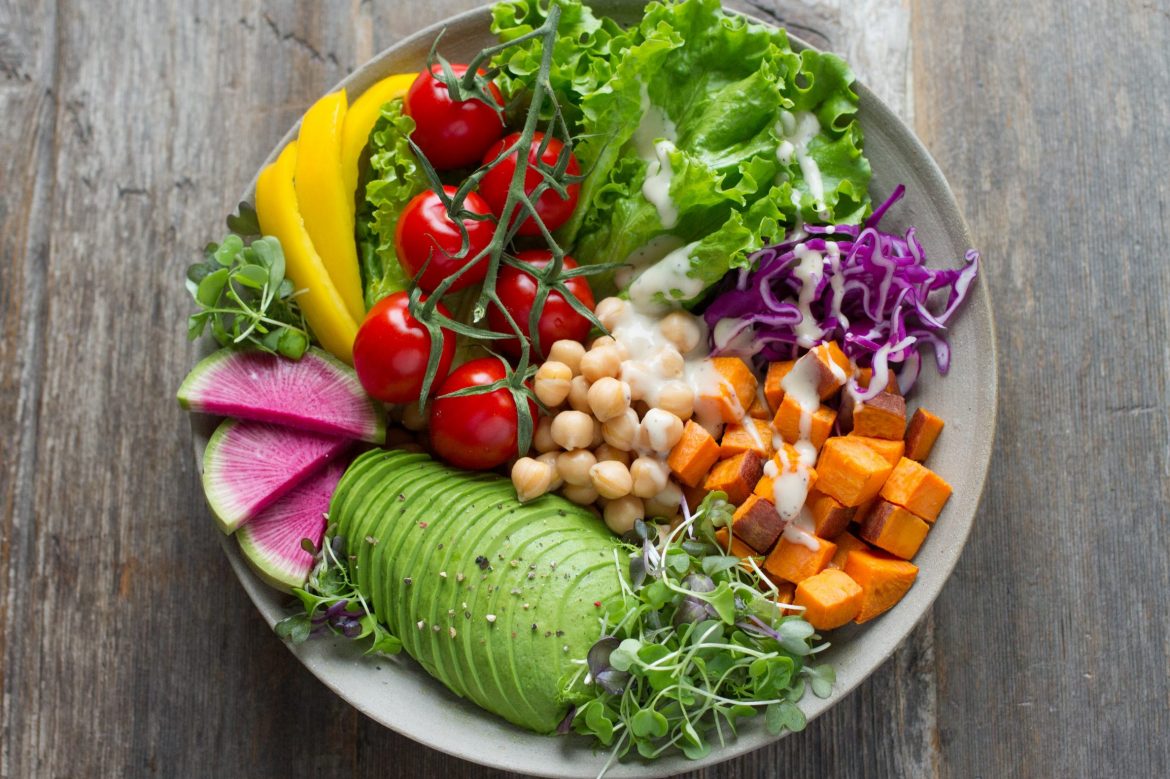I’m sure we’ve all heard the term ‘intermittent fasting’ – but do we know exactly what it is, and what the benefits and potential hazards of it are? There are so many unanswered questions so much conflicting information about intermittent fasting (IT) online. It’s now a popular concept in the diet community, and people practice it in different ways and have varying opinions – here’s mine.
Full disclosure: By no means am I a qualified doctor or nutritionist. I have tried IT and speak from my own experience. If you have any further questions about whether you should try IT, please consult your doctor.
Before I started IT, I did my research. This is what I learned…
What is intermittent fasting?
Intermittent fasting is an eating pattern that switches between fasting and eating on regular schedule. With intermittent fasting, you only eat during specific times. Many diets focus on what to eat, but IT is all about when you eat. Fasting for a number of hours each day or eating just one meal a day for a couple of days a week, not only assists in burning fat but also improves health and lifestyle.
How does intermittent fasting work?
Intermittent fasting is all about consistency and breaking bad eating habits. There are a few ways to do it, take your pick of schedules, but they are all based on what works for you in choosing regular periods to eat and to fast.
The do’s and don’ts of fasting periods
Let’s start with the basics, they’re actually very simple – eat during your eating time and fast during your fasting time, but it can become more complex.
During your fasting period, you want to consume nothing or very little. You may drink water, black coffee, or tea (anything with a zero-calorie count). In your eating period, you can eat anything. I always try to make an effort to eat healthier, maybe that’s the guilt that creeps up on me, not wanting to ‘un-do’ the benefits of my hard IT work. It’s important that you are still giving your body the nutrients it needs!

Unsplash
The most popular methods include:
- The 16/8 method: This involves skipping breakfast and restricting your daily eating period to 8 hours, for example: only eating between the hours of 1–9 p.m. and fasting for 16 hours in between.
- Eat-Stop-Eat: This involves fasting for 24 hours, once or twice a week, for example: not eating from dinner one day until dinner the next day.
- The 5:2 diet: This method allows you to consume only 500–600 calories on two non-consecutive days of the week, but eat normally the other 5 days.
I practice the 16/8 method and it has been great for me. It lowered my calorie intake and made me mindful about what I eat. I tend to eat dinner fairly early, but I make sure to stop eating by 7pm and fast until 12pm the next day.
In all honesty, in my previous go, I was not as consistent as I would have liked to be. I recently started again and it’s going well! I am more motivated and disciplined this time around. When I initially started, my main goal was to lose weight but it was not sustainable for my lifestyle at the time. It was becoming slightly unhealthy for me but in hindsight, it has improved many parts of my life. Now that I am more informed about IT and more importantly, know more about my body and knowing what works for it, I am practicing IT but with caution.
What I noticed about my health
During intermittent fasting, my water intake increases, my concentration is more focused and I am loving the benefits that it has on my skin and hair. After the initial low-energy slump you may experience – there are times that you will feel drained – I gained more energy which resulted in a more productive flow.
Did I notice a slight weight loss? Yes, I think so. I felt it in how my clothes were fitting me. On the other hand, I have friends who have picked up weight while intermittent fasting.
What I eat to break my fast
Eating ‘breakfast’ at 1pm will always be strange but it’s important to still get your nutrients in. I would break my fast with a green juice smoothie or eggs. I love eggs.
I found that breaking my fast with a protein has more benefits for me personally. Experts say the ‘weight loss factor’ kicks in at the movement of your glucose when you start eating. Fasting will allow your blood sugar to be at a lower level already – this is where the magic happens! Eating a protein could decrease your glucose spike while carbs might cause a higher spike.
Who should not try intermittent fasting
Hunger is the main side effect of intermittent fasting. I would get so hungry to the point that I would stop eating earlier and get an early night’s sleep so that I can start eating earlier than 1pm. There are times that I would start to feel weak and unproductive. When I feel this way, it’s my body telling me something, and I try to not be as hard on myself. If I develop a headache, water usually takes it away. If it stays, I eat something.
If you have a medical condition, you should consult with your doctor before trying intermittent fasting.
This is particularly important if you:
- Diabetes
- Problems with blood sugar regulation
- Low blood pressure
- Take medications
- Underweight
- History of eating disorders
- Women who are trying to conceive
- Women with a history of amenorrhea
- Pregnant or breastfeeding
Personally, I don’t think intermittent fasting is a fad. It has shown benefits for me but on my journey going forward, consistency is a priority. I’m looking forward to seeing more benefits, but also making sure I listen to my body. It has a way of telling you when something is right or wrong.
ALSO SEE:
Meal and beverage subscription boxes that will make your life so much easier
Featured Image: Pexel

